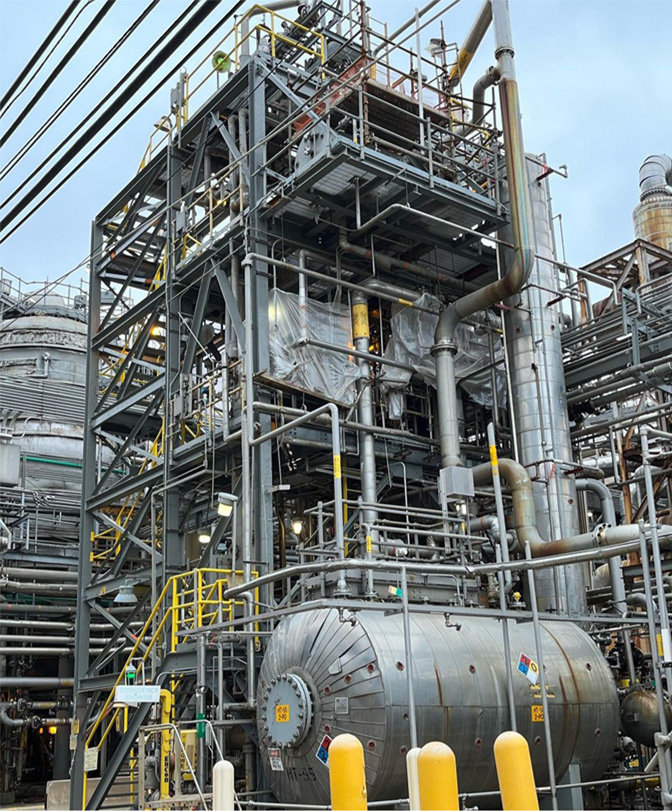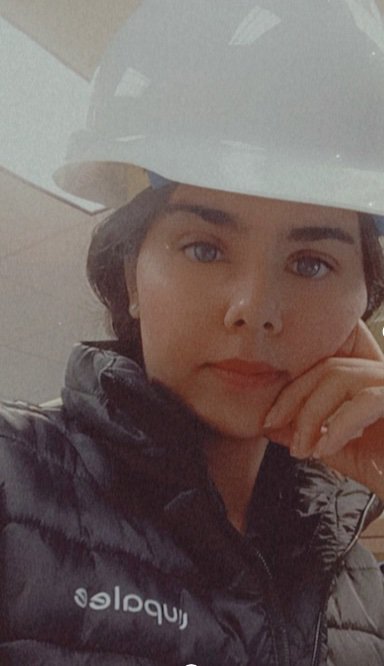
Q&A with Chemical Engineering Undergraduate Student Noor Guron
Noor Guron shares her summer internship experience and career goals moving forward.

Noor Guron shares her summer internship experience and career goals moving forward.
Noor Guron is an undergraduate senior in the Department of Chemical Engineering. She is currently a process engineering intern with INEOS Nitriles in Lima, Ohio. INEOS specializes in producing large-scale amounts of acrylonitrile, a chemical that is used to create polymers, chemicals and textile fibers. The company also produces acetonitrile, a chemical used in making insulin, antibiotics and pesticides. Guron shares her experiences with INEOS, how it has influenced her future goals and some advice for other chemical engineering students.
I am working as a process engineering intern at INEOS for 12 weeks this summer. My role encompasses analyzing equipment from an economic and safety perspective, particularly working with the recovery department to analyze distillation and recovery columns, calculate temperature and pressure ranges that would recover most of the useful product from the byproducts and analyze the cost to do so. A major goal for me and my team is to recover most of our product while reducing operations cost.

One thing that excites me about this internship is learning how the economics of the chemical industry works. The chemical production processes at INEOS operate on a global scale—customers are located all over the world. Each production process has a cost breakdown that needs to be adhered to. Understanding where, when and how to save money without affecting the productivity of a process is something that has been imperative to my learning.
So far, one of the core lessons from this internship has been understanding how the loss or excess expenditure of time and energy plays an important role in any chemical process. Working on the mechanisms of different types of equipment and understanding how cost-effective they are has contributed immensely to my understanding of fundamental chemical engineering principles.

This experience provides me with a real-time understanding of how a chemical plant works. I’ve learned how to operate common industry software and calibration and instrumentation equipment. I’ve also performed detailed safety reports and hazard analyses. These fundamental skills will help me when I am a full-time engineer, as they are needed in most chemical industries.
I have also been able to work with people from different professional backgrounds, which has created a network that will remain with me as I take on my professional journey. These interdisciplinary experiences will help advance my professional communication and technical operational skills, preparing me to take on my role as a chemical engineer in the future.
Advice I’d like to give other ChE students considering pursuing an internship would be to ask questions and take in as much knowledge about your role as possible. This could help you understand how to navigate your professional career a lot better. Create a schedule and adhere to it, and regularly check in to discuss daily action items with your supervisor.
Guron will be returning to U-M in the fall to complete her degree in chemical engineering.